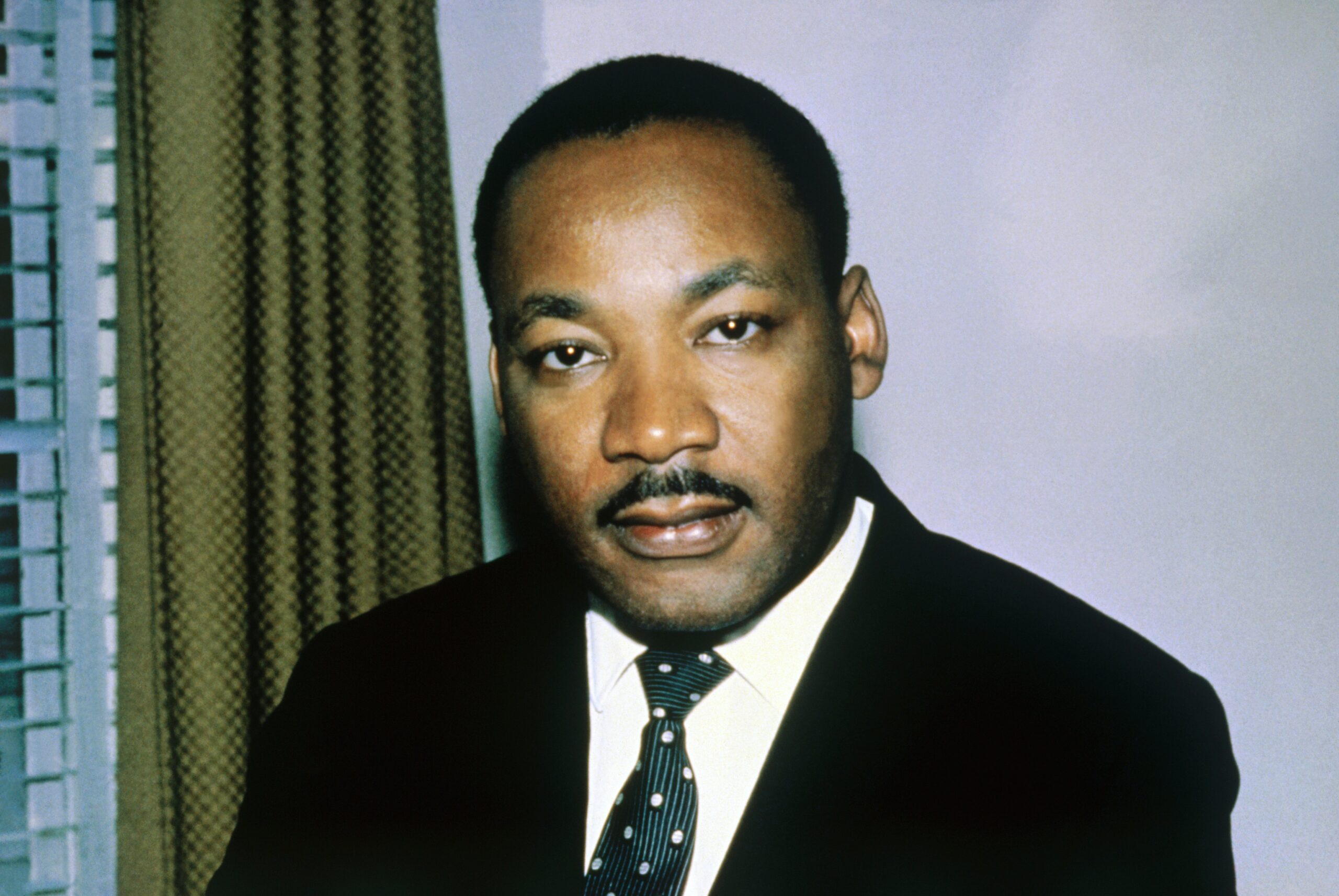Updated 2/11/2023 at 8:00 a.m. ET
The way we’re often taught to think about history as children is a linear progression. Bad things happen in the past, and then we move on.
Suggested Reading
But that’s not exactly true. Things rarely happen the exact same way twice, but systems of oppression have a way of cycling through time.
It’s easy to see what I’m talking about today. We no longer have the legal system of chattel slavery in the United States, but it’s hard to hear stories of Black women giving birth in shackles without evoking the horrors of slavery.
We can’t break these cycles without knowing they exist. Which is why knowing our history is so valuable. As we head into this Black History month, it’s never been more important to hold onto our history, especially as the right does its best to claw it out of our collective conscience.
Now, I’m sure you’re all expecting a rant about Governor Ron De Santis, but frankly, he’s gotten enough of our time. I want to talk about why we need to continue talking about our real history.
If all you learn about Black History was that Martin Luther King Jr. wanted a “colorblind” society, it’s easy to buy into a pull yourself up by your bootstraps mentality. Who needs affirmative action if we live in a “colorblind” world, right?
If you don’t learn about queer Black figures like James Baldwin, you might struggle to understand the link between LGBTQ+ rights and the broader fight for Black liberation.
If we don’t learn about Black labor leaders like Hattie Canty, it’s hard to envision a world where people don’t have to suffer through inhumane working conditions.
And if you never learned about Angela Davis, you’d lack context for the state-sanctioned violence we live with on a daily basis.
People want us to forget our history because it holds the key to our liberation. We can see what’s worked and what hasn’t and how we ultimately win.
So consider this a call to arms. Don’t let these lessons die. Pick up a copy of Notes of a Native Son by Baldwin. Talk to your children and neighbors about the civil rights movement, slavery, and redlining. Demand answers for why our unvarnished history isn’t worth including in the winding arc of this country’s story.
We must fight to preserve our history like our lives are on the line because they are.
Straight From 
Sign up for our free daily newsletter.


